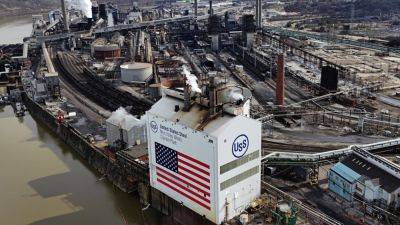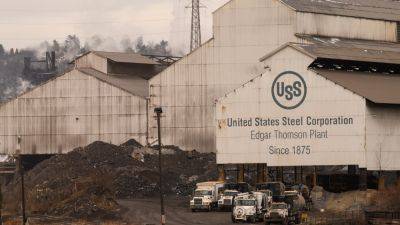How Swing State Politics Are Sinking a Global Steel Deal
The Biden administration has spent the past three years promoting a policy of “friend-shoring,” which aims to contain China and Russia by forging closer ties with U.S. allies like Europe and Japan.
That policy appears to stop at the state lines of Pennsylvania.
As the administration nears a decision to block the proposed acquisition of the Pittsburgh-based U.S. Steel by Japan’s Nippon Steel, the traditional debate over national security and economic security is being dwarfed by a more powerful force: presidential politics.
Legal experts, Wall Street analysts and economists expressed concern about the precedent that would be set if President Biden uses executive power to block a company from an allied nation from buying an American business. They warn that scuttling the $15 billion transaction would be an extraordinary departure from the nation’s culture of open investment — one that could lead international corporations to reconsider their U.S. investments.
“This was a purely political decision, and one that stomps on the Biden administration’s stated focus on building alliances among like-minded countries to advance the economic competition with China,” said Christopher B. Johnstone, a senior adviser and the Japan chair at the Center for Strategic and International Studies. “At the end of the day, it represents pure protectionism that draws no apparent distinction between our friends and our adversaries.”
Administration officials such as Treasury Secretary Janet L. Yellen, who leads a government panel that is reviewing the steel deal, have espoused the benefits of deepening economic ties with U.S. allies to make supply chains more resilient. Those sentiments are being disregarded in the heat of an election year, where







